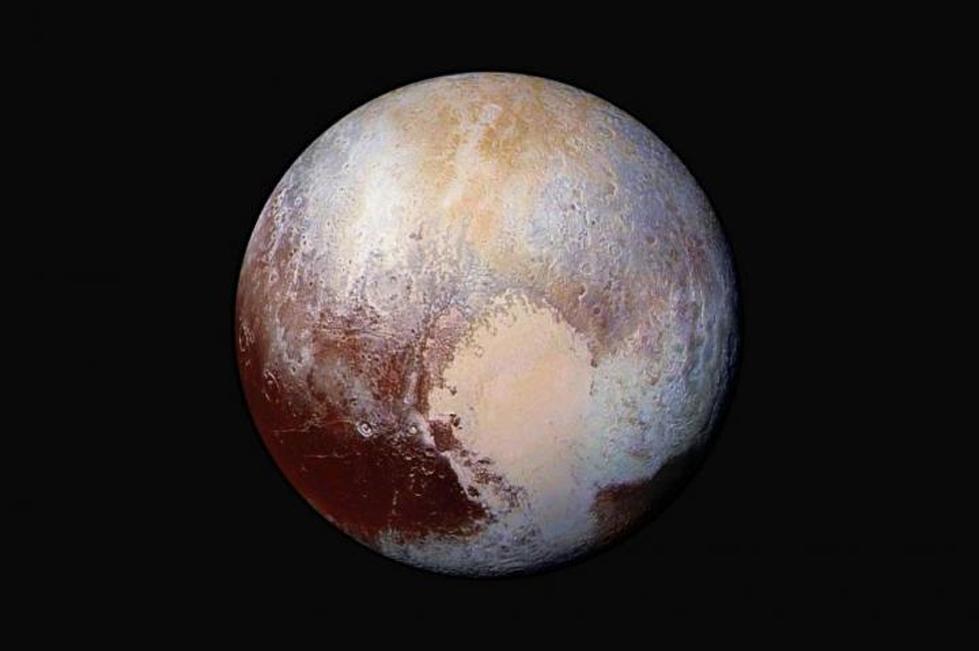The reason why Pluto is no longer a planet is not valid, argues a new research from the University of Central Florida in Orlando. In 2006, the International Astronomical Union, which is a global group of astronomy experts, established a definition of a planet- which said that the planet is required to “clear” its orbit, or simply said, be the largest gravitational force in its orbit.
Since Neptune’s gravity also influences its neighboring planet Pluto, and Pluto shares its orbit with many frozen gases and objects in the Kuiper belt, which took away Pluto’s planet status. But a new study, published recently in the journal Icarus, UCF planetary scientist Philip Metzger, reported that this standard for classifying planets is not supported in its research literature.
Metzger, who is also the lead author on the study, reviewed scientific literature published during the past 200 years and found only one publication – from the year 1802 – that used the clearing-orbit requirement to classify planets, and it was based on a since-disproven reasoning.
Metzger says that moons such as Saturn’s Titan and Jupiter’s Europa have been routinely called planets by planetary scientists since the time of Galileo.
“The IAU definition would say that the fundamental object of planetary science, the planet, is supposed to be a defined on the basis of a concept that nobody uses in their research,” Metzger added. “And it would leave out the second-most complex, interesting planet in our solar system. We now have a list of well over 100 recent examples of planetary scientists using the word planet in a way that violates the IAU definition, but they are doing it because it’s functionally useful.”
“It’s a sloppy definition,” Metzger commented on the IAU’s definition. “They didn’t say what they meant by clearing their orbit. If you take that literally, then there are no planets, because no planet clears its orbit.”
The scientist said that the literature review showed that the real division between planets and other celestial bodies, like asteroids, was established in the early 1950s when Gerard Kuiper published a paper on the distinction based on how they were formed.
But even this reason is no longer considered a factor that can determine whether or not a celestial body is a planet, Metzger said. “We showed that this is a false historical claim,” said study co-author Kirby Runyon, with Johns Hopkins University Applied Physics Laboratory in Laurel, Maryland. “It is therefore fallacious to apply the same reasoning to Pluto,” he continued.
According to Metzger, the definition of a planet should be based on its intrinsic properties, rather than on those that can change, such as the dynamics of a planet’s orbit.
“Dynamics are not constant, they are constantly changing,” Metzger said. “So, they are not the fundamental description of a body, they are just the occupation of a body at a current era.”

